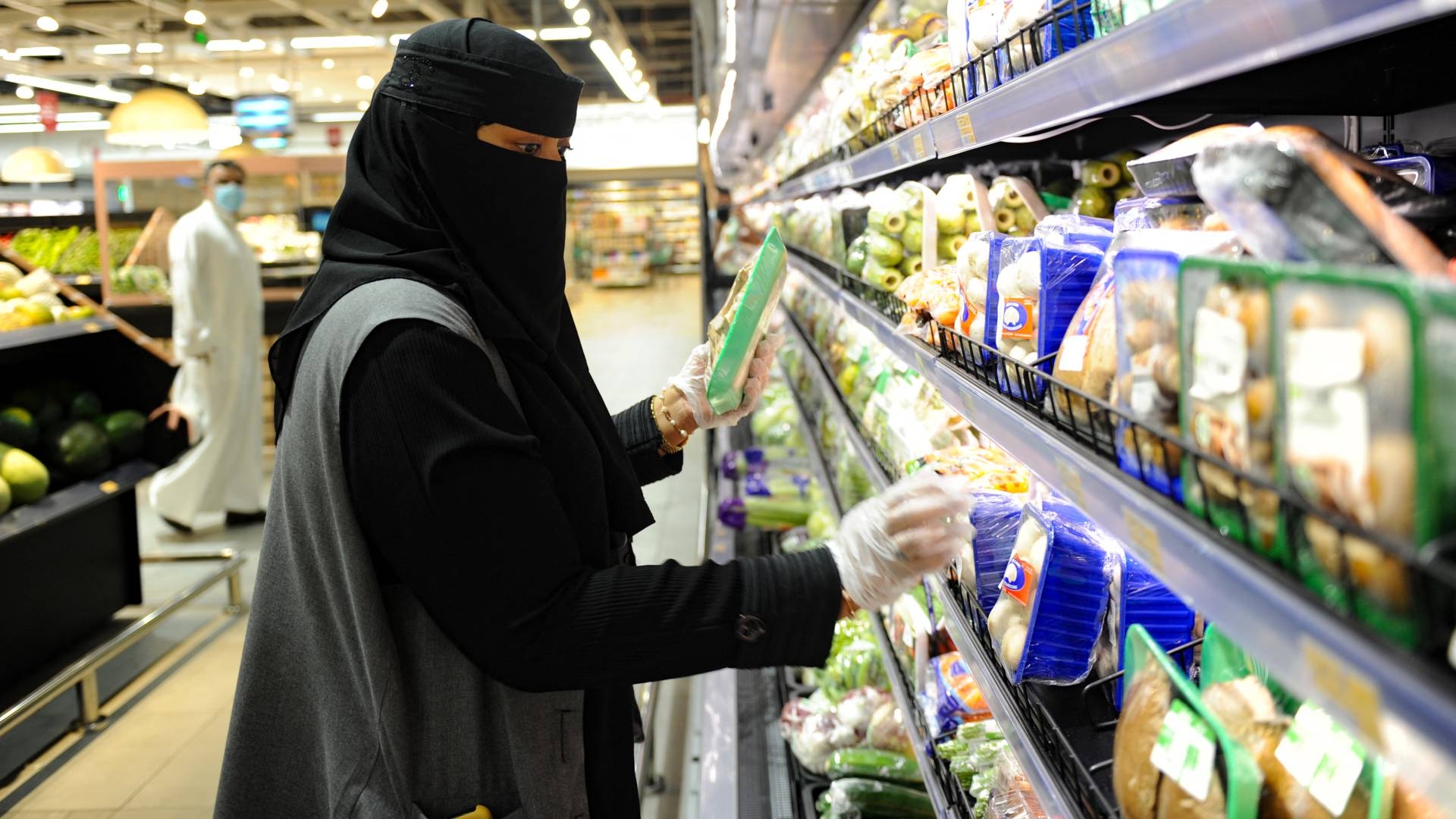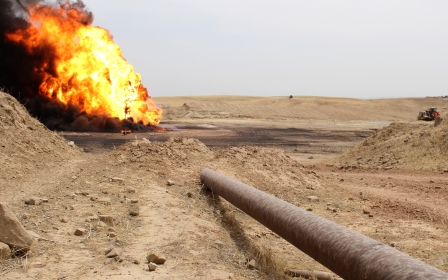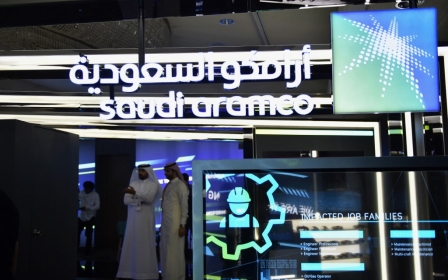Saudis boycott dairy products in protest at price increases

Saudi citizens have launched a campaign calling for a boycott of dairy products and coffee shops in protest at a sharp increase in the price of goods.
In May, the price of chickens, eggs, yoghurts, cheese, and milk in Saudi Arabia almost doubled, provoking a major backlash against dairy companies.
According to the Saudi Consumer Protection Association, 80 products out of 89 had increased in price in April when compared to the same time last year.
"The association believes that the consumer has a significant role in limiting the rise in prices, and represents a force that can control that when consumers come together," it said in a statement, calling on Saudis to compare prices and search for alternatives that meet their needs, before buying.
This week, Saudis tweeted pictures of untouched products from Almarai's, the biggest dairy company in Saudi Arabia, sitting in a store refrigerator following the launch of the boycott campaign.
They also tweeted a call for a one-month egg boycott, saying "let it hatch".
Saudis used hashtags to tweet about boycotting Almarai, to "boycott eggs and chickens" and the "greedy chicken companies," in order to "discipline them". Some claimed that boycotting them was a "national duty".
Almarai was previously targeted by a boycott campaign in 2021 over another increase in prices.
Some Saudis tweeted that a 1.85 litre bottle of milk now costs 11 Riyals (almost $3), while in neighbouring Kuwait and other Gulf countries, the same product would cost four Riyals.
Translation: Leaders of boycotting national companies should be held accountable. (The picture is of untouched shelves of dairy products in a Saudi store.
Saudis have also boycotted coffee shops over the price of a cup of coffee, which can reach 40 or 50 Saudi Riyals ($10-13), in a country where almost 75 percent of its population is under 30 years old.
Boycotting campaigns have had some success in Saudi Arabia in recent years.
"One of the people I see united in boycotting expensive products are the Saudi people, even if they are local products... Unfortunately, we lack this culture," one Twitter user from a Gulf country wrote.
Inflation in Saudi Arabia is now running at 2.3 percent.
According to Bloomberg, the Russian war on Ukraine has hit the non-oil sector in the kingdom, although its economy is expanding at its fastest pace in over a decade.
Transportation costs have increased 4.6 percent, leading to a general increase of 4.3 percent in food and beverage prices.
Saudi non-oil companies also had to stockpile inventories to avoid the sharply increasing price of materials caused by the ongoing Russia-Ukraine war.
However, the Saudi oil sector is booming, resulting in the fastest growth in over a decade.
Aramco recorded an 82 percent jump in first-quarter profits, stoked by a global surge in oil prices that has made it the world's most valuable company. Aramco's net income of $39.5bn was up from $21.7bn compared with the same period in 2021, driven by higher crude oil prices.
Middle East Eye propose une couverture et une analyse indépendantes et incomparables du Moyen-Orient, de l’Afrique du Nord et d’autres régions du monde. Pour en savoir plus sur la reprise de ce contenu et les frais qui s’appliquent, veuillez remplir ce formulaire [en anglais]. Pour en savoir plus sur MEE, cliquez ici [en anglais].




